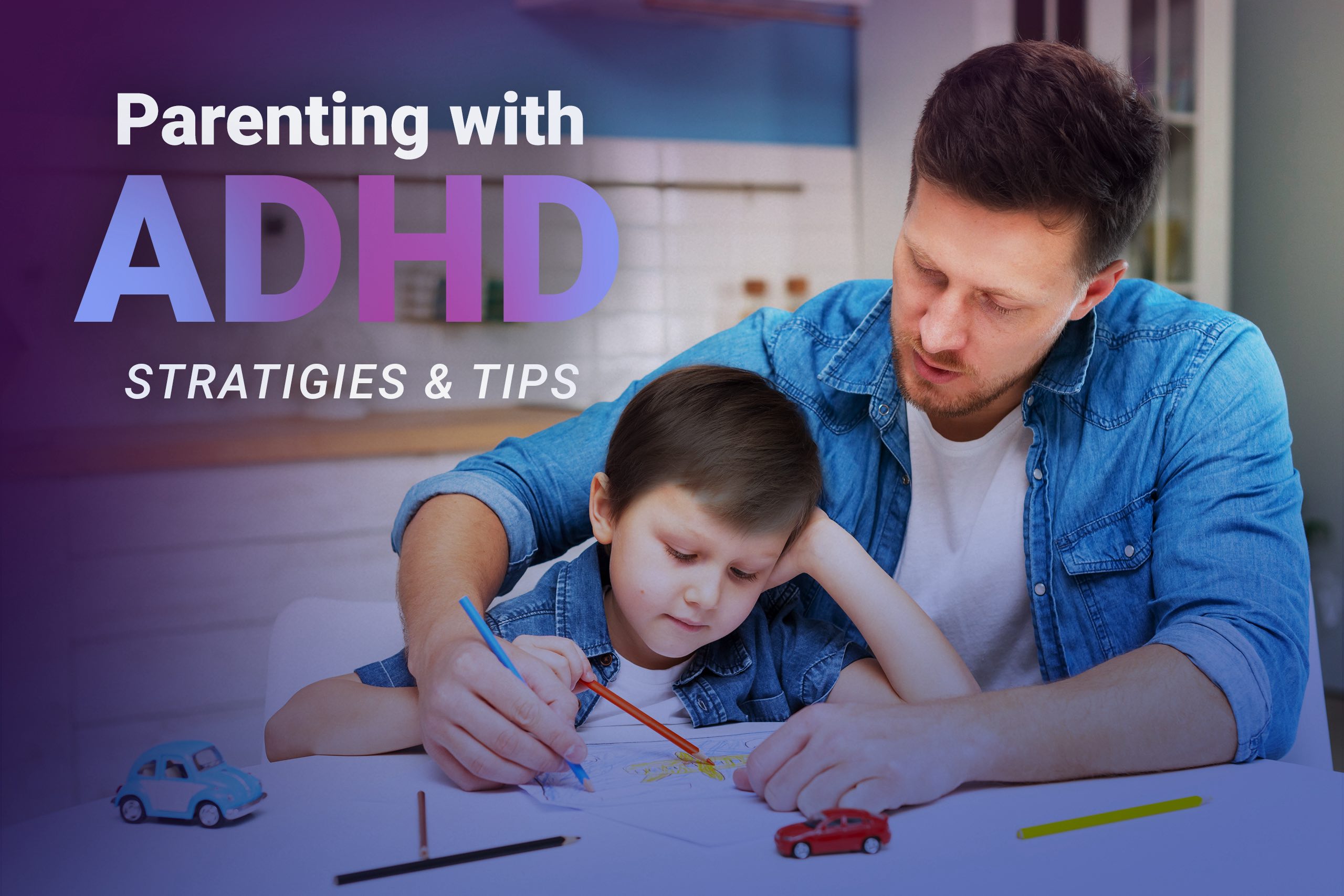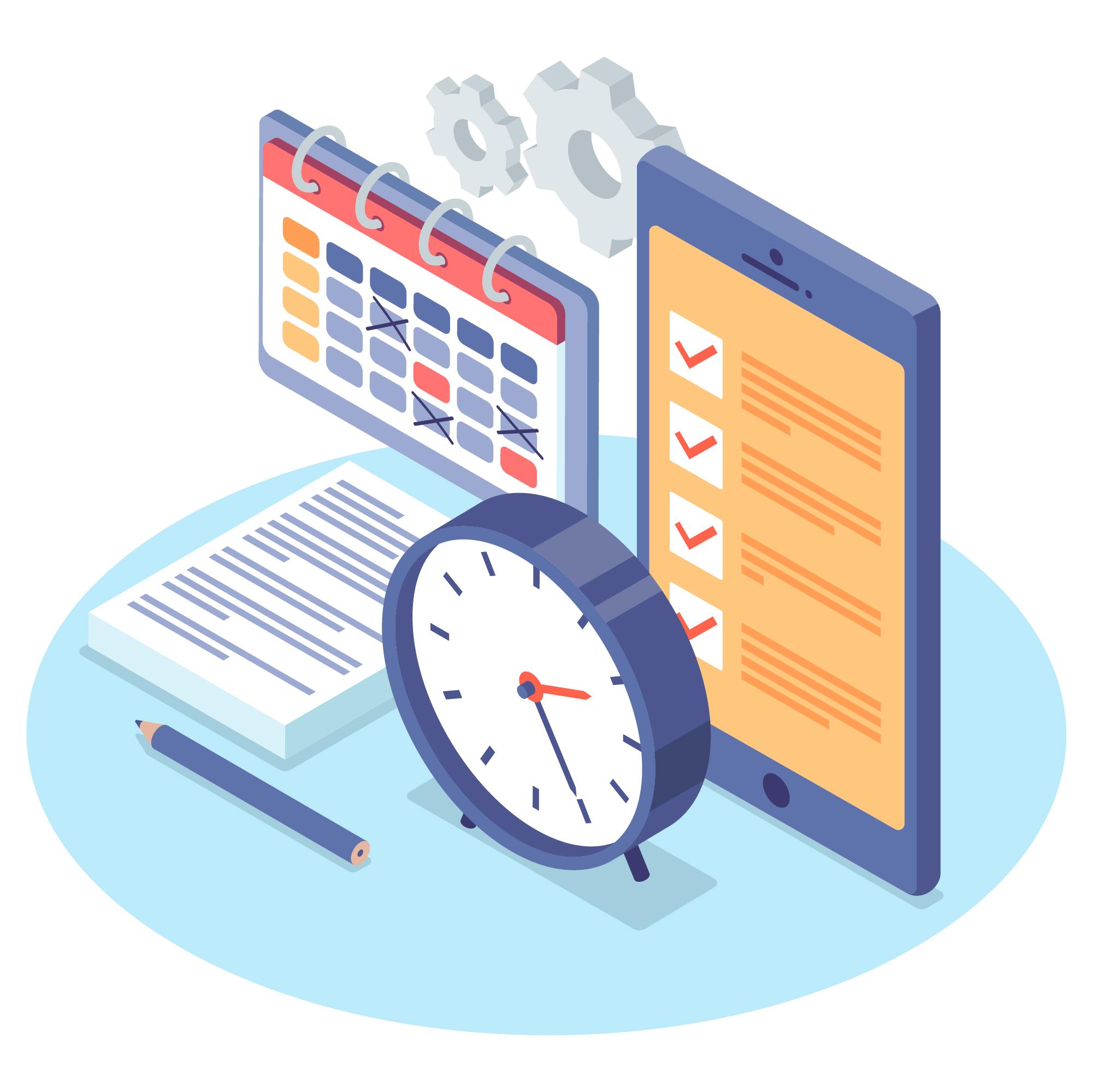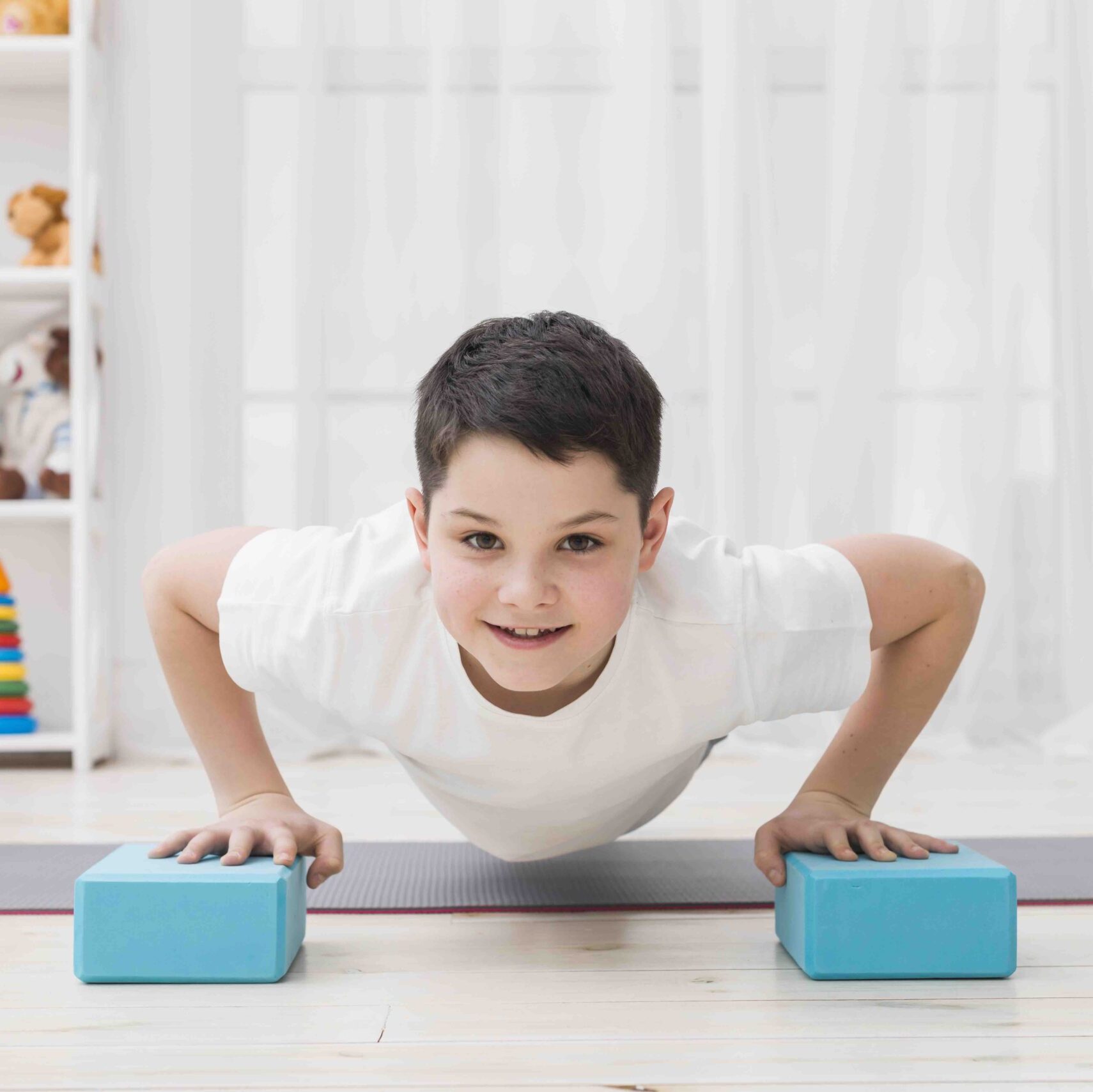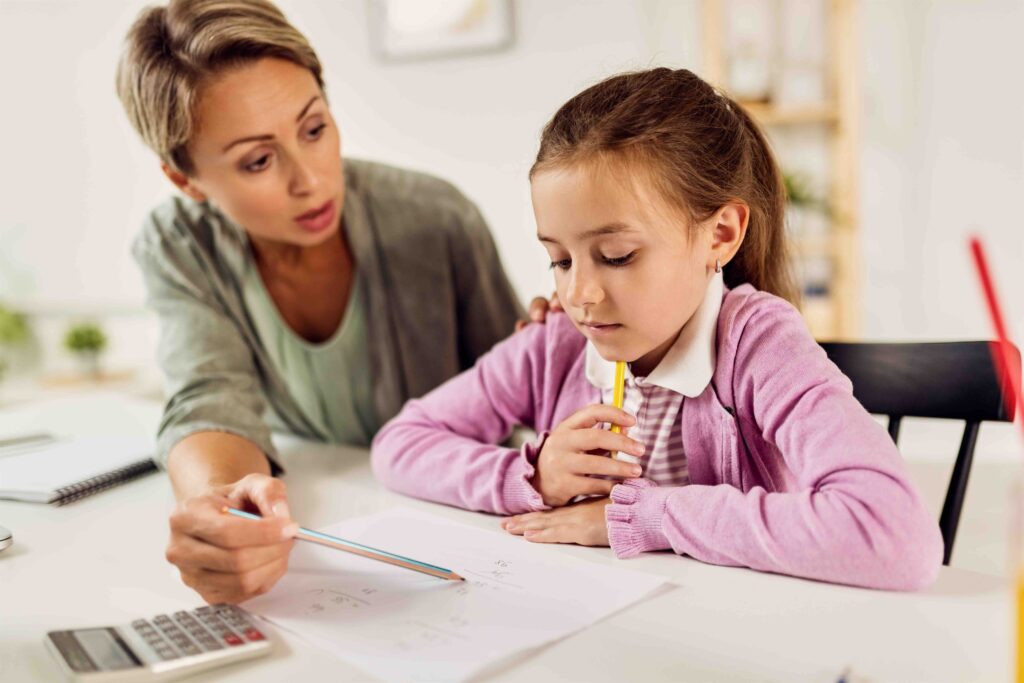Parenting is a challenging journey, and when your child is diagnosed with Attention Deficit Hyperactivity Disorder (ADHD), it can add an extra layer of complexity to your role. ADHD is a neurodevelopmental disorder that affects a child’s ability to focus, control impulses, and regulate their behavior. However, with the right strategies and support, you can help your child thrive. In this blog post, we’ll explore some effective strategies for parenting a child with ADHD and improving their life.

1- Understanding ADHD
The first step in helping your child is to understand ADHD. Learn about the condition, its symptoms, and how it impacts your child’s life. This knowledge will enable you to be empathetic, patient, and supportive.

2- Open Communication
Create an environment where your child feels comfortable discussing their feelings and experiences. Encourage open communication and active listening. When your child knows they can talk to you without judgment, it can help reduce anxiety and improve their self-esteem.
3- Consistent Routines
Children with ADHD often benefit from structured and consistent routines. Establish regular daily schedules for activities such as meals, homework, and bedtime. Visual schedules or charts can be helpful for younger children to understand and follow routines.

4- Break Tasks into Manageable Steps
Children with ADHD often benefit from structured and consistent routines. Establish regular daily schedules for activities such as meals, homework, and bedtime. Visual schedules or charts can be helpful for younger children to understand and follow routines.
5- Use Positive Reinforcement
Instead of focusing solely on consequences for negative behaviors, use positive reinforcement to motivate your child. Reward them for completing tasks, staying organized, or showing self-control. This can increase their self-esteem and motivation.

6- Provide a Distraction-Free Environment
Create a calm and organized space for your child, whether it’s for studying or play. Minimize distractions by keeping the area clutter-free and ensuring they have all the necessary materials readily available.
7- Encourage Physical Activity
Regular physical activity can help reduce hyperactivity and improve focus. Encourage your child to engage in activities they enjoy, such as sports, dance, or martial arts. Exercise can be a great outlet for their energy.

8- Teach Coping Strategies
Teach your child coping strategies to manage impulsive behavior and emotional regulation. Techniques such as deep breathing, mindfulness, and self-calming exercises can be beneficial.
9- Medication and Therap
Discuss treatment options with a healthcare professional. In some cases, medication may be recommended to manage ADHD symptoms. Behavioral therapy and counseling can also help your child learn to manage their condition.

10- Self-Care for Parents
Parenting a child with ADHD can be demanding, and it’s essential to take care of yourself. Maintain a strong support network, consider joining a support group, and make time for self-care activities that help you recharge and reduce stress.

In conclusion:
Parenting a child with ADHD can be challenging, but it’s also an opportunity for growth and learning for both you and your child. By understanding ADHD, creating a supportive environment, and using effective strategies, you can help your child thrive and lead a fulfilling life. Remember that every child is unique, and it may take time to find the strategies that work best for your child. Stay patient and resilient on this journey, and always seek professional guidance when needed. Your love and support are invaluable resources in helping your child succeed despite the challenges of ADHD.



